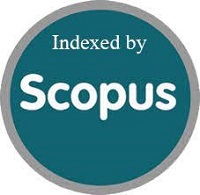Make a Submission
Sidebar
VISITOR
JP3I (Jurnal Pengukuran Psikologi dan Pendidikan Indonesia)
ISSN: 2089-6247 (Printed)| ISSN: 2654-5713 (Online)
licensed under a Creative Commons Attribution-ShareAlike 4.0 International License.
Published by the Faculty of Psychology, Universitas Islam Negeri (UIN) Syarif Hidayatullah Jakarta



